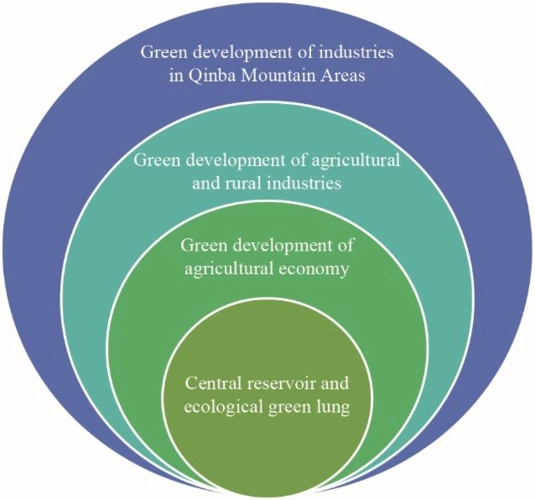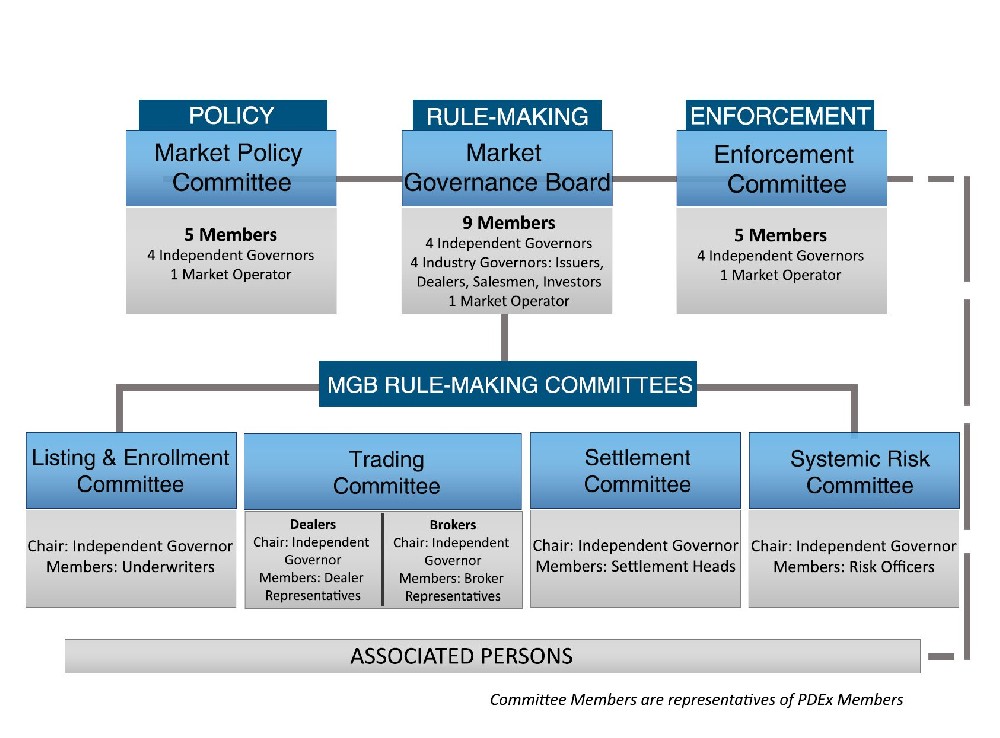
China’s stock market has been battered by a series of regulatory crackdowns on various sectors, from technology to education, that have wiped out trillions of dollars in market value. However, some fund managers believe that the sell-off has created attractive opportunities for long-term investors who are willing to look beyond the short-term noise.
One of them is David Raper, portfolio manager of the Comgest Growth China fund, which has outperformed its benchmark by 10.6% per year over the past five years, according to Morningstar. Raper said that he has been buying some of the high-quality companies that have been unfairly punished by the market, such as Alibaba, Tencent, Meituan, and JD.com.
“These are companies that have very strong competitive advantages, very strong cash flow generation, very strong growth prospects, and very reasonable valuations,” Raper said in an interview with CNBC. “We think that the market is overreacting to the regulatory changes, and we think that these companies will continue to grow and prosper in the long run.”
Raper added that he is not concerned about the political risks in China, as he believes that the government’s actions are aimed at addressing some of the social and environmental issues that have arisen from the rapid development of the economy. He said that he expects the regulatory environment to stabilize and become more predictable over time, as the authorities seek to balance the interests of various stakeholders.
Another fund manager who sees value in China’s stocks is Andrew Mattock, head of China equities at Matthews Asia, which manages over $35 billion in assets. Mattock said that he has been focusing on the sectors that are aligned with the government’s long-term goals, such as health care, consumer, and green energy.
“We think that these are the areas that will benefit from the structural changes that are happening in China, such as the aging population, the rising middle class, and the transition to a low-carbon economy,” Mattock said in a webinar hosted by Matthews Asia. “We think that these are the areas that will have sustainable growth and profitability, and that will be less affected by the regulatory uncertainties.”
Mattock said that he has also been taking advantage of the market volatility to add to some of his existing positions, such as Ping An Insurance, China Merchants Bank, and BYD, which he said are trading at attractive valuations relative to their earnings and growth potential.
Both Raper and Mattock acknowledged that China’s stock market is likely to remain volatile in the near term, as the regulatory landscape evolves and the economic recovery faces headwinds from the COVID-19 pandemic. However, they said that they are confident that the long-term prospects for China’s economy and its leading companies remain intact, and that the current market weakness offers a good entry point for patient investors.
“We think that China is still one of the most exciting and dynamic markets in the world, and that there are many opportunities to invest in companies that are innovating and creating value for their customers, employees, and shareholders,” Mattock said. “We think that the market will eventually recognize the quality and resilience of these companies, and reward them with higher valuations.”







